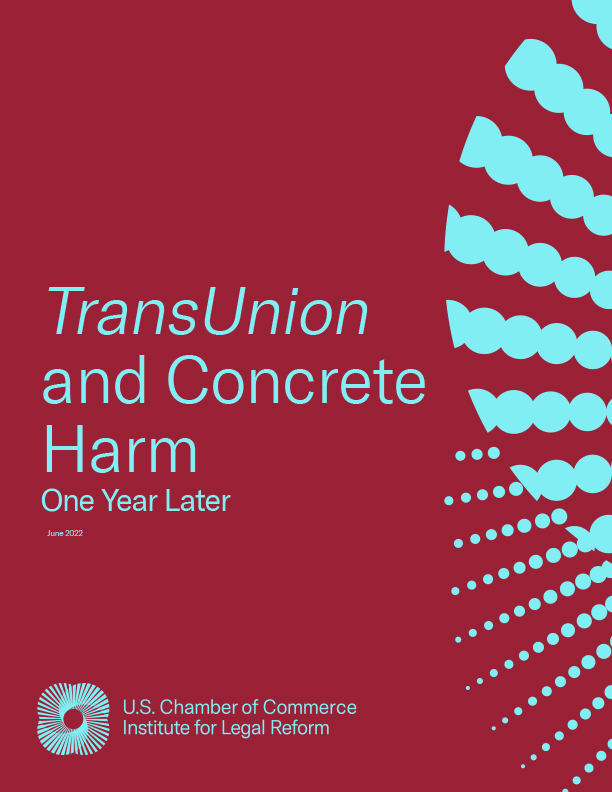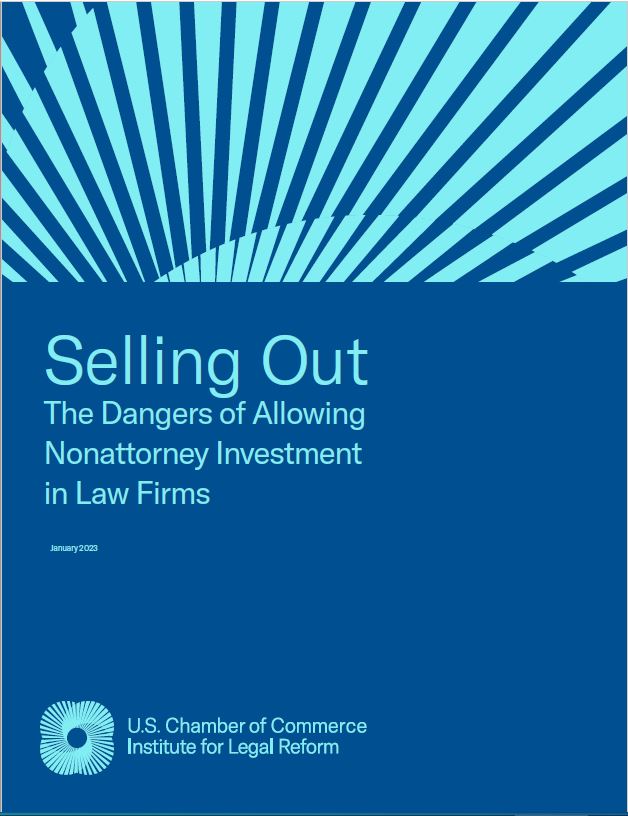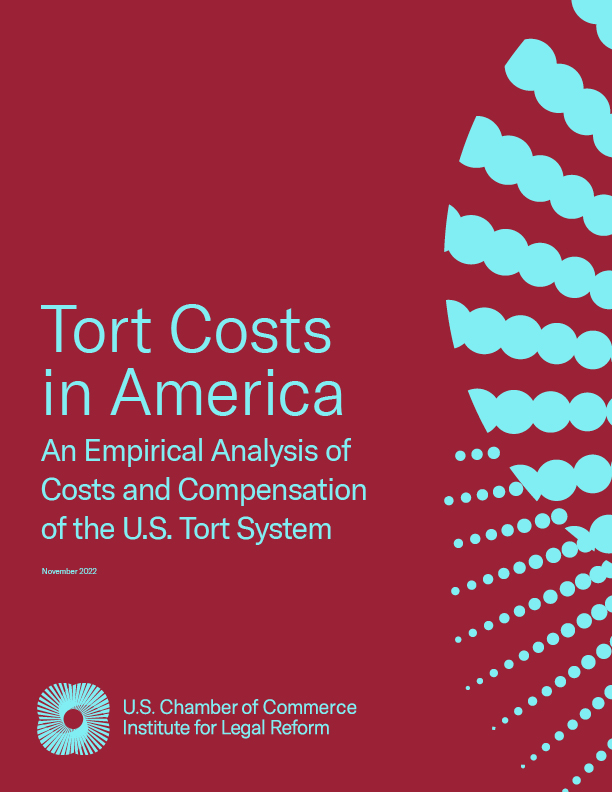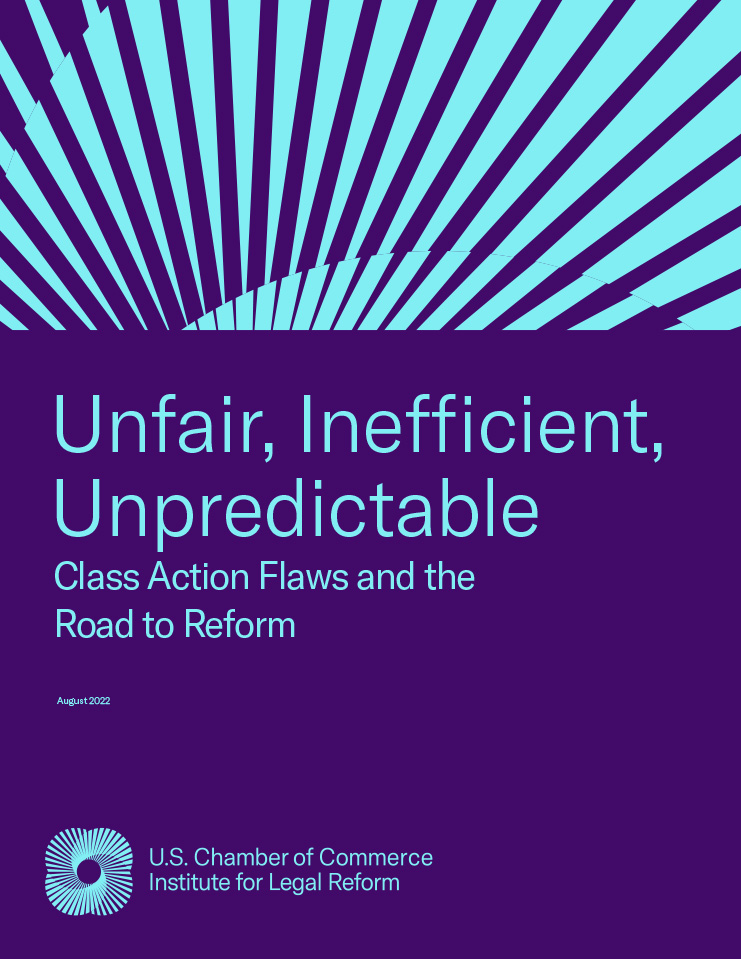A small number of plaintiffs’ firms are twisting the laudable goals of the Americans with Disabilities Act (ADA) for their own ends. These firms use the law to file thousands of boilerplate claims, many against small businesses, with the goal of extracting quick settlements. Such lawsuits can represent an existential threat to the business sued, and as one judge explained, they “do a disservice to the disabled, and to the vast majority of lawyers who carry out their duties under the ADA with skill, dedication, and professionalism.”
ILR’s research lays out this recent trend in stark empirical terms, showing that between January 2009 and April 2023, a small group of 18 plaintiffs’ firms filed nearly 45,000 ADA cases—44 percent of total ADA filings in that time period. Similarly, between 2009 and 2022, more than 80 percent of ADA lawsuits were brought by “high-volume” plaintiffs—those who file at least eight cases a year.
Furthermore, these filings are highly concentrated: Of over 100,000 ADA cases filed nationwide since 2009, nearly 75 percent were filed in California, Florida, and New York. These federal suits tend to be paired with state-level claims that overlap with the ADA and allow for damages where the ADA does not.
After thoroughly documenting this phenomenon, ILR’s research goes on to recommend a series of complementary state- and federal-level reforms to ensure that ADA litigation serves its original goal: protecting equal access, not fueling a litigation cottage industry.



